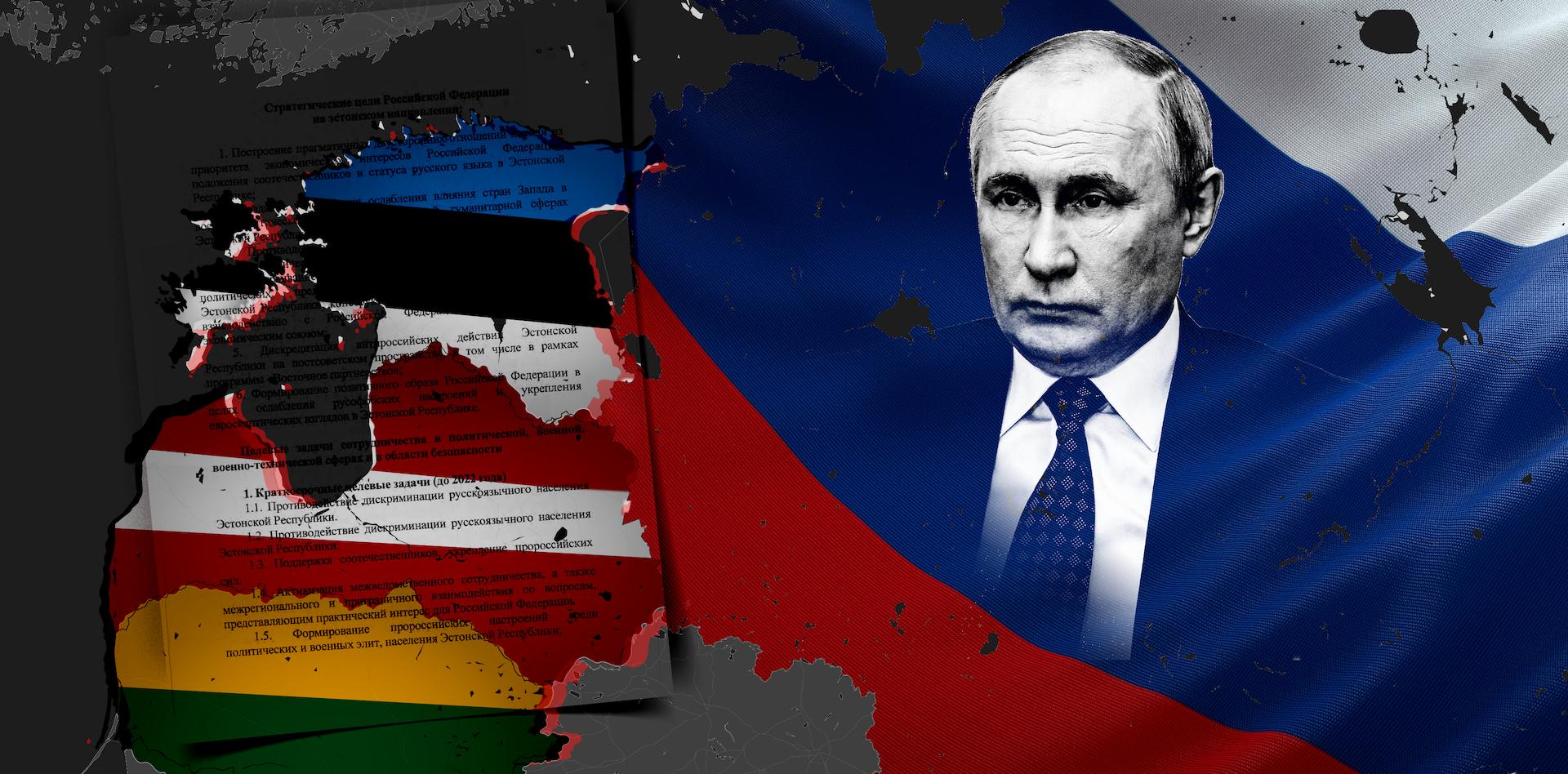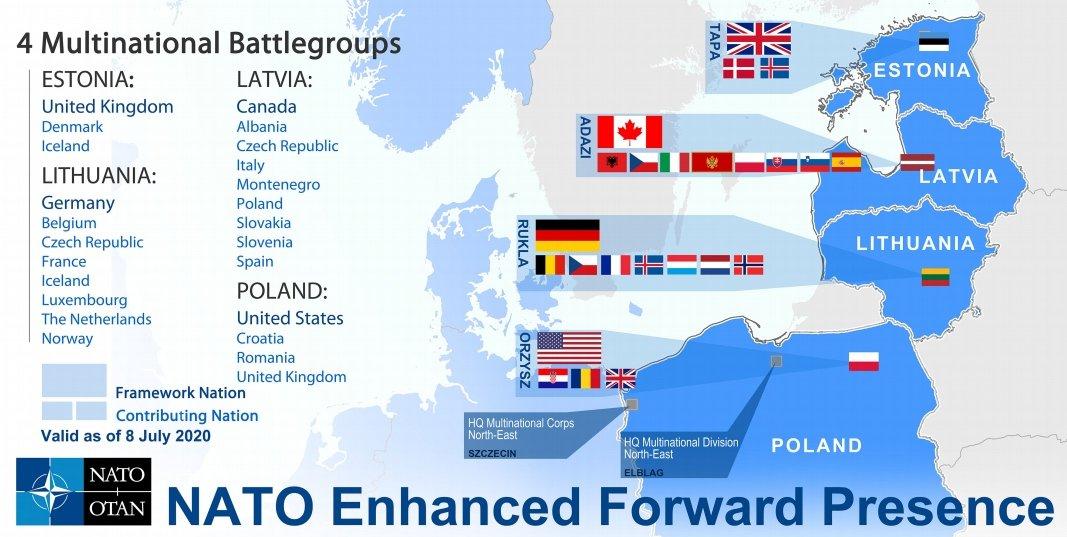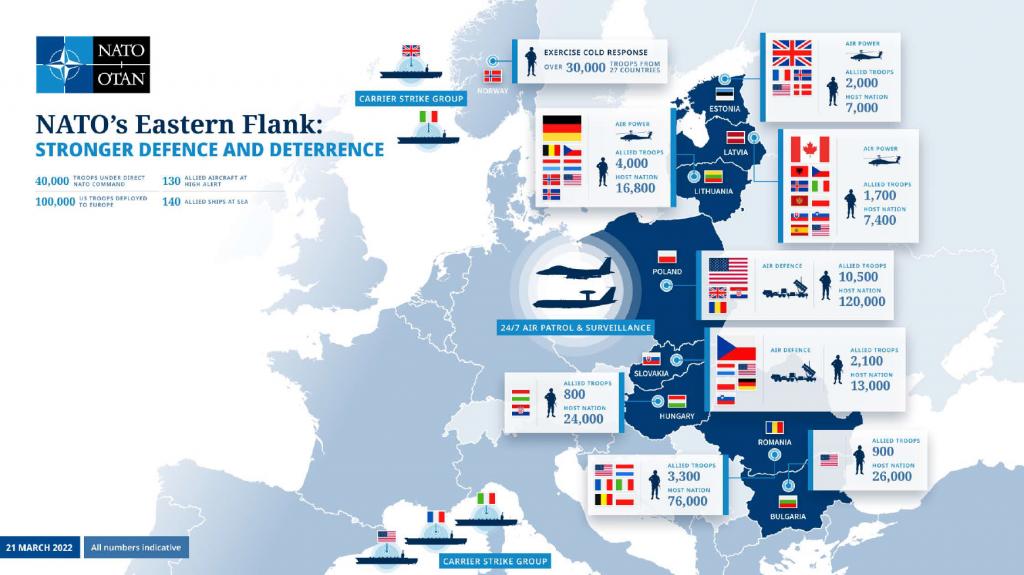What are the new security risks in the Baltic Sea region? Laboratory of challenges
For the countries around the Baltic Sea, Russia’s full-scale invasion of Ukraine highlighted a problem as the Kremlin’s unambiguous demonstration of aggressive intent and capability underlined the risks of dismantling territorial defence.
During the Cold War, the Baltic Sea had a low level of confrontation, and after it ended, the region was clearly dominated by trends toward the development of mutually beneficial cooperation in different areas, both on a bilateral and multilateral basis. Now, the situation is entirely opposite – a mighty cold wind is raging over the Baltic Sea and the countries adjacent to it.
The full-scale invasion of Ukraine in February 2022 finally prompted a reevaluation of threat perceptions across the entire region. The two Nordic countries with the most neglected territorial defence, Sweden and Denmark, realized their vulnerabilities and ill-managed defences. The focus sharpened on Russia’s mix of tactics, including regular and irregular warfare, as well as subthreshold attacks on civilians and civil infrastructure targets in the cyber domain.

The current confrontation between Russia and the West manifests itself here more and more openly. On the most critical international issues, Russia and the other countries of the Baltic Sea region take different and sometimes opposed positions. This is especially evident in relation to the events in Ukraine, which receives significant political, economic, and military support from the West.
In the Baltic Sea Region, the maritime status quo favours Russia. Though its Baltic Fleet is not particularly impressive, Russia could use it to harass military and civilian activity at sea and take surprise offensive military action.
In the latter's case, there is very little that Estonia, Latvia, and Lithuania could do to prevent Russia from projecting power into their port facilities, territorial waters, exclusive economic zones, or other littoral areas.
NATO as a whole is unprepared for Russian aggression at sea. Given the economic and strategic importance of the Baltic Sea itself to the Baltic states and NATO, this situation must be remedied. The obvious question reiterated in many previous analyses, is what will happen next should Russia perceive that its vital interests are threatened, for example, in the Baltic Sea Region.

It can be argued that in the case of the Baltic Sea Region, Russia does not see a myriad of intra-regional interdependencies that tie the region’s countries together but, rather, an array of strategic deficiencies that facilitate its own risk-taking in a crisis situation.
The Baltic Sea region is currently tied to two major alliances – the European Union (EU) and NATO, which are the primary guarantors of the stability and safety of regional states against external threats. Consequently, the invasion of Ukraine and heightening Russia-West confrontation triggered harsh geopolitical rifts and potential security risks.
Moscow comprehends that the EU and NATO attempt to turn the Baltic Sea into an internal sea, thus isolating Russia even more. In a broader term, the Western approach toward Russia in light of the war in Ukraine is obvious – to weaken Moscow and shape the long-term status quo in the Baltic region.

In the context of NATO expansion and the signing of US military cooperation agreements with Sweden and Finland, the military presence of the US and other NATO countries may increase in the Baltic Sea region, although the deployment of nuclear weapons there is unlikely to happen at this point.
In case of the deployment, additional troops in the Baltic Sea may provoke a Russian reaction. As such, Russia could act swiftly: a 72-hour campaign is entirely within its strategic culture. Alternatively, it may also embark on a long-lasting “strategy of tension” through a series of hybrid aggressions and provocations in a slow-burn campaign of attrition to wear down NATO and the Baltic States.
The renewed tensions between the West and Russia will steadily encompass a more expansive geography, including the Baltic region. Ukraine's mounting casualties and Russia's enormous efforts to maintain positions in eastern Ukraine and Crimea suggest that Moscow is prepared for new confrontations with the West in its close vicinity.








